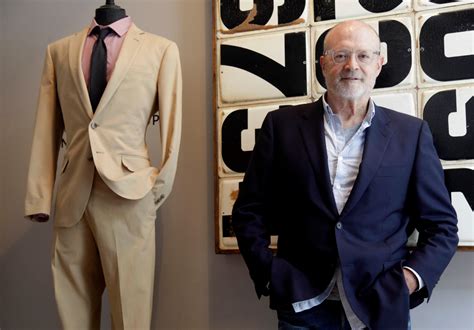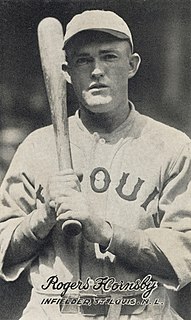A Quote by Noah Baumbach
How you start the movie is critical. And how often you feel that there's no reason for how it's starting.
Related Quotes
The deeper reality is that I’m not sure if what I do is real. I usually believe that I’m certain about how I feel, but that seems naive. How do we know how we feel?…There is almost certainly a constructed schism between (a) how I feel, and (b) how I think I feel. There’s probably a third level, too—how I want to think I feel.
Look how in societies today where Islam is dominant and prominent, how any non-Islamic person, whether it's a Christian or an apostate or a woman or a critical journalist, how they are treated. This is in a very bad way, often with the death penalty or imprisonment or all those kind of terrible things.
A willingness to vocalize feelings. How important it is to be willing to voice one's thoughts and feelings. Yes, how important it is to be able to converse on the level of each family member. Too often we are inclined to let family members assume how we feel toward them. Often wrong conclusions are reached. Very often we could have performed better had we known how family members felt about us and what they expected.
If I have ideas, I want to put them in the movie. It's not a minimalist approach at all but I feel like it's for the audience. It's about seeing how much texture we can give it and seeing how many things are there for people to latch on to... I just want to do it the way I want and I feel like it won't be helpful for me if I start worrying about that. I just have to follow my instincts. Everyone is going to respond differently to it and everybody's right - that's their point of view. That's how the story intersects with their lives.
Essentially what's going to determine how you succeed in New York is how people feel about the space, how delicious the food is, how they perceive the value and, most important of all, how they feel treated. My understanding is Stephen Starr is exceptionally good at all of this and his ability to create a transporting experience.
I often notice how students can gain the capacity to use certain critical methodologies through engaging with very different texts - how a graphic novel about gentrification and an anthology about Hurricane Katrina and a journalistic account of war profiteering might all lead to very similar classroom conversations and critical engagement. I'm particularly interested in this when teaching law students who often resist reading interdisciplinary materials or materials they interpret as too theoretical.
There's a fundamental difference between how often men remember to say 'I love you' and how often women want to hear 'I love you.' For the most part, it's on the guy. He's not withholding it intentionally. It's just that we kind of miss the point sometimes, that even in the most nonchalant way, telling the person how you feel is important.





































